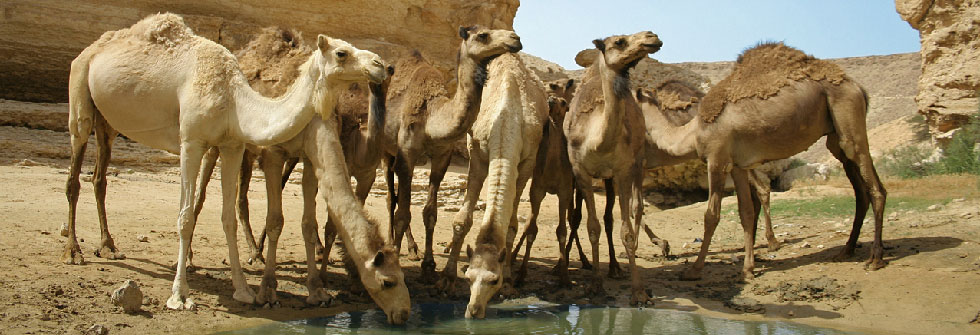Declines in oil and other commodity prices in recent years contributed towards subdued economic growth in MEA which has led to increasing pressure on governments to manage fiscal budgets. Beyond the introduction of significant tax reforms and selective use of sovereign reserves to manage fiscal budgets, governments have had to increase the use of sovereign debt as a financing tool. Gulf countries have all been very active in issuing sovereign debt internationally but the rise of sovereign debt issuance needs to be supported by robust debt management by governments. This requires strategic discipline and careful management in order to balance the risks that debt financing may bring.
The recent resurgence in commodities prices, particularly crude oil, is expected to contribute to a potential rebound in the fiscal position of MEA economies. As a result, governments may begin to deprioritise sovereign debt as a means of funding, and thus the capabilities to source and manage debt. It is critical that governments do not lose focus. They must continue to build on achievements to date to ensure they have a diverse set of financing options available in times of need, and the infrastructure in place to actively manage this.










